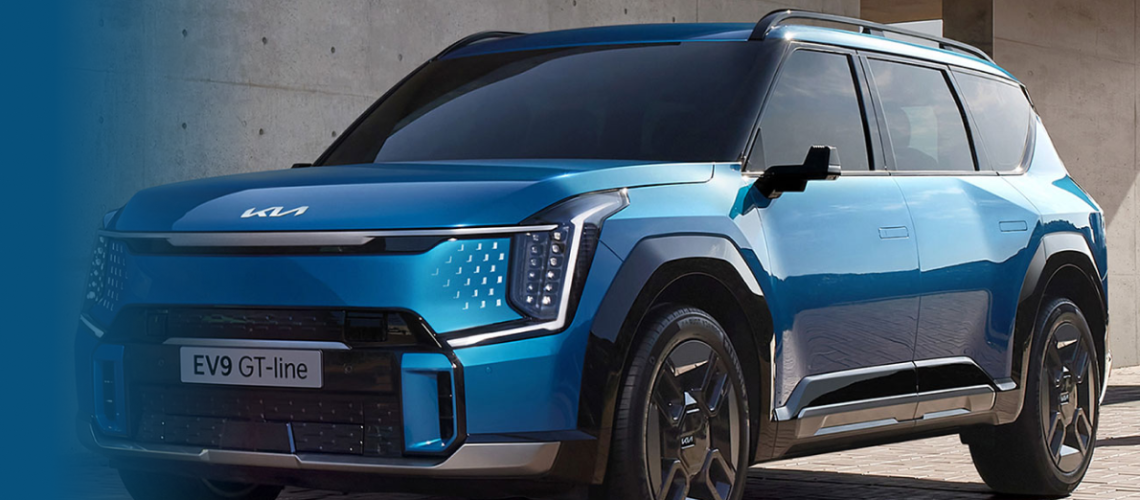Introduction: Vehicle Tax Considerations
Using a vehicle for business can have significant tax implications, whether you are a sole trader or a Limited Company. Factors such as the type of vehicle, financing method, and tax regulations play an essential role in determining whether the decision will be tax-efficient or costly. This guide helps you understand these implications before purchasing a new vehicle.
External Link: Visit Revenue.ie for official information on tax regulations.
BIK (Benefit In Kind) on Company Cars
What is BIK and Why It Matters
Benefit In Kind (BIK) applies to company-provided cars and can lead to significant tax liability. BIK is calculated based on the Original Market Value (OMV) of the vehicle, not the amount paid for it.
Example:
Mr. Jones bought a 2012 Mercedes S-Class for €15k through his Limited Company. However, the OMV was €150k, resulting in a BIK charge of €45k (30% of OMV) and an annual tax bill of €22.5k. This highlights the importance of consulting an accountant before purchasing a vehicle through your company.
Tax-Efficient Vehicle Choices for Sole Traders
Low-Emission Vehicles for Tax Savings
Mr. Murphy, a sole trader, was advised to buy a low-emission BMW 5 Series. The low-emission status deemed a tax-saving value of €24k, allowing €12k in tax savings over a few years. This meant Mr. Murphy essentially got the car for free and made an additional €2k in tax savings.
Tip: Opting for a low-emission vehicle can significantly reduce income tax.
Buying a Commercial Vehicle: Ford Ranger Example
Tax Implications of Commercial Vehicles
The Ford Ranger 4WD pickup qualifies as a commercial vehicle with reduced road tax and VAT reclaim options. For sole traders like Mr. Murphy, this allowed him to reclaim €10k VAT and write off €45k against tax, leading to a tax saving of €22.5k, making the net cost only €22.5k.
Warning for Limited Companies:
While this vehicle is classified as commercial for VAT, VRT, and road tax purposes, it may still be subject to BIK due to rear seats, leading to potential tax costs.
Learn more about VAT on commercial vehicles at Irish Tax and Customs.
Avoiding BIK with a Pooled Vehicle
Pooled Vehicle Requirements
To avoid BIK on company cars, the vehicle must qualify as a pooled vehicle, meaning:
- Used by multiple employees.
- Private use is incidental.
- Not kept overnight at any employee’s home (except for safekeeping).
If all these conditions are met, BIK does not apply, which can lead to substantial tax savings.
Lease vs. Hire Purchase for Commercial Vehicles
Comparing Lease and HP
Leasing vs. Hire Purchase (HP) for a €36,900 van:
- HP allows full VAT reclaim on day one, but you write off the cost over 8 years.
- Leasing requires VAT to be reclaimed over 36 months, but offers a quicker tax deduction for the full cost.
Summary: Leasing may provide a faster tax benefit, whereas HP is advantageous for upfront VAT recovery.
Tax-Free Mileage Allowance
Using a Personal Car for Business
Instead of buying a company car, Mr. Jones could have used his 2012 Mercedes S-Class for business journeys in his personal capacity, claiming €9k per year in tax-free mileage allowance from his Limited Company. This tax-efficient approach avoids BIK and reduces costs.
Tip: Maintain accurate mileage records to qualify for tax-free claims.
Electric Cars: Tax Advantages
Tax Benefits of Electric Cars
Electric cars offer significant tax savings, including:
- Lowest VRT & motor tax rates.
- No BIK on electric cars with OMV under €45k.
- Accelerated allowances allow 100% cost of the car up to €24,000 to be claimed for tax purposes.
Learn more about electric vehicle benefits at SEAI.
Conclusion: Get Vehicle Tax Right
Using a vehicle for business can either save you money or lead to unexpected tax liabilities. Whether you’re a sole trader or running a Limited Company, it’s crucial to understand the tax implications of vehicle type, financing, and use. Consulting with an accountant before making decisions can save you thousands in taxes.
Contact: Have questions? Reach out to dave@fhm.ie for personalized tax advice.




